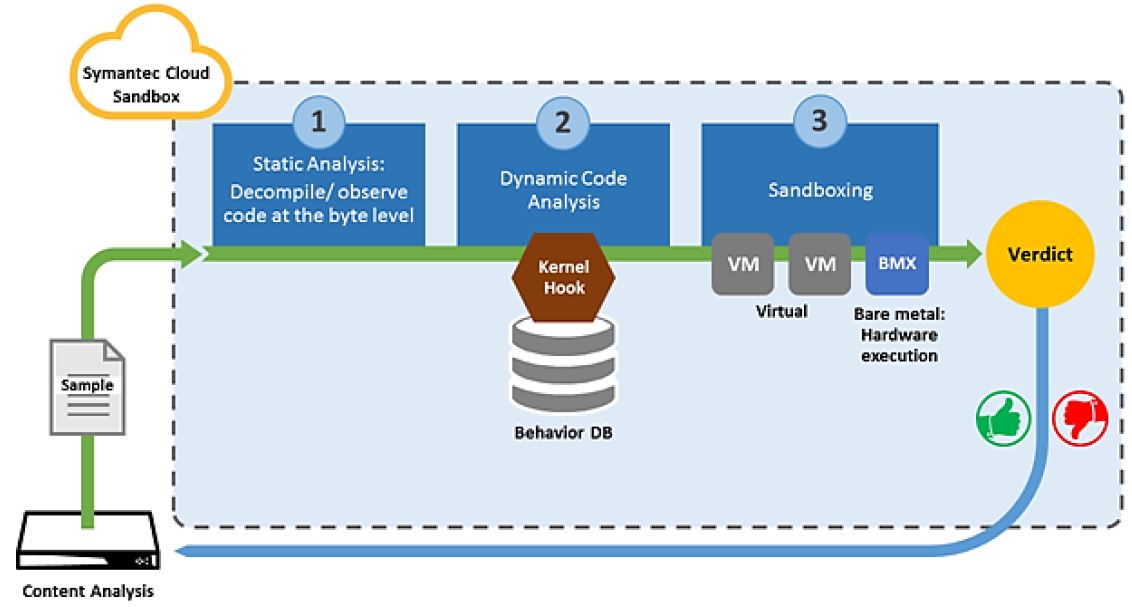MALWARE DETECTION SYSTEM USING CLOUD SANDBOX, MACHINE LEARNING
DOI:
https://doi.org/10.15282/ijsecs.8.2.2022.3.0100Keywords:
Software, Machine Learning, Malware, Website, Classifiers, Cloud SandboxAbstract
Today's internet continues to move forward, and with it comes the development of many applications. Therefore, these applications are also directly accessible via the Internet, which makes it one of the important things these days. In addition to this, these applications are sometimes developed as software that can be installed on users computers, laptops and even smartphones, which often attracts many attackers to compromise their computers with malware that is unintentionally installed in the computer. Gadgets and even computer systems. computer background. Many solutions have been employed to detect if these malware are installed. This paper aims to evaluate and study the effectiveness of machine learning methods in detecting and classifying malware being installed. This paper employs heuristics and machine learning classifiers to identify malware attacks detected in each website or software application. The study compares 3 classifiers to find the best machine learning classifier for detecting malware attacks. Prove that the cloud sandbox can achieve a high detection accuracy of 99.8% true positive rate value when identifying malware attacks? Use website features. Results show that Cloud Sandbox is an effective classifier for detecting malware attacks.
References
R. Sihwail, K. Omar and K. Z. Ariffin. “A survey on malware analysis techniques: Static, dynamic, hybrid and
memory analysis.” Int. J. Adv. Sci. Eng. Inf. Technol, 8(4-2), 1662-1671, 2018.
A. V. Kabulov, I. K. Yarashov and M. T. Jo‘Rayev. “Computer viruses and virus protection
problems.” Science and Education, 1(9), 179-184, 2020.
J. Firch and L.L.C. PurpleSec, L. L. C. “Cyber Security Trends You Can’t Ignore In 2021.” PurpleSec. Available
online: https://purplesec. us/cyber-security-trends-2021/(Accessed 07/04-2021). 10.
K. Stansberry, J. Anderson and L. Rainie. “Leading concerns about the future of digital life.” Pew
Research Center, 28, 2019.
R. G. Eccles, S. C. Newquist and R. Schatz. “Reputation and its risks.” Harvard Business Review, 85(2),
, 2007.
F. A. Garba, K. I. Kunya, S. A. Ibrahim, A. B. Isa, K. M. Muhammad and N. N. Wali. “Evaluating the state of
the art antivirus evasion tools on windows and android platform.” In 2019 2nd International Conference of the
IEEE Nigeria Computer Chapter (NigeriaComputConf) (pp. 1-4), 2019.
S. Talukder. “Tools and Techniques for Malware Detection and Analysis.” arXiv preprint arXiv:2002.06819,
P. Hacker. “Overview - Process Hacker.” Accessed February 13, 2019.
A. Mohanta and A. Saldanha, A. “Windows Internals.” In Malware Analysis and Detection Engineering (pp.
-162). Apress, Berkeley, CA, 2020.
R. Safi and G. J. Browne. “Detecting Cybersecurity Threats: The Role of the Recency and Risk Compensating
Effects.” Information Systems Frontiers, 1-16, 2022.
J. Jang-Jaccard and S. Nepal. “A survey of emerging threats in cybersecurity.” Journal of Computer and
System Sciences, 80(5), 973-993, 2014.
I. H. Sarker. “Machine learning: Algorithms, real-world applications and research directions.” SN Computer
Science, 2(3), 1-21, 2021.
N. Ochieng, W. Mwangi and I. Ateya. “Optimizing computer worm detection using ensembles.” Security and
Communication Networks, 2019.
J. Kaur, J. “Taxonomy of malware: Virus, worms and trojan.” Int. J. Res. Anal. Rev, 6(1), 192-196, 2019.
R. Chatterjee, P. Doerfler, H. Orgad, S. Havron, J. Palmer, D. Freed and T. Ristenpart. “The spyware used in
intimate partner violence.” In 2018 IEEE Symposium on Security and Privacy (SP) (pp. 441-458), 2018.
J. Gao, L. Li, P. Kong, T. F. Bissyandé and J. Klein. “ Should you consider adware as malware in your study?.”
In 2019 IEEE 26th International Conference on Software Analysis, Evolution and Reengineering (SANER) (pp.
-608), 2019.
J. Fruhlinger. “Ransomware explained: How it works and how to remove it.” CSO Online, 19.
it.html#:%7E:text=GandCrab%20might%20be%20the%20most,payouts%20as%20of%20July%202019, 2020.
Kanrar, S. (2019, March). A Novel Approach for Predicting Malware Attacks. A Novel Approach for
Predicting Malware Attacks. Retrieved November 2021, from
https://www.researchgate.net/publication/331790992_A_Novel_Approach_for_Predicting_the_Malware_Attac
ks
U. Sivarajah, M. M. Kamal, Z. Irani and V. Weerakkod. “Critical analysis of Big Data challenges and analytical
methods.” Journal of business research, 70, 263-286, 2017.
E. Cozzi, M. Graziano, Y. Fratantonio and D. Balzarotti. “Understanding linux malware.” In 2018 IEEE
symposium on security and privacy (SP) (pp. 161-175), 2018.
M. Haenlein and A. Kaplan. “A brief history of artificial intelligence: On the past, present, and future of artificial
intelligence.” California management review, 61(4), 5-14, 2019.
E. M. Kandoussi, I. El Mir, M. Hanini and A. Haqiq. “Modeling a Sandbox Security Mechanism in Cloud
Computing Environment using Bayesian Game.” Journal of Information Assurance & Security, 13(1), 2018.
F. Handrick da Costa, I. Medeiros, T. Menezes, J. V. da Silva, I. L. da Silva, R. Bonifácio and M. Ribeiro.
“Exploring the Use of Static and Dynamic Analysis to Improve the Performance of the Mining Sandbox
Approach for Android Malware Identification.” arXiv e-prints, arXiv-2109, 2021.

Downloads
Published
Issue
Section
License
Copyright (c) 2022 MOHD AZUWAN EFENDY MAIL, MOHD FAIZAL AB RAZAK, MUNIRAH AB RAHMAN

This work is licensed under a Creative Commons Attribution-NonCommercial 4.0 International License.






